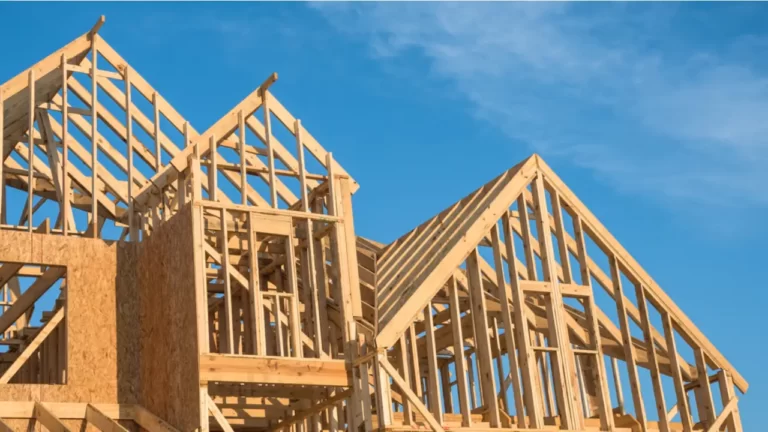Maximizing Benefits: A Guide to Refinancing Your VA Home Loan
If you’re a veteran or an active-duty service member, you might have already taken advantage of the VA home loan program. But did you know that you can refinance your VA home loan to maximize your benefits and save money in the long run? Refinancing can help you lower your interest rates, reduce your monthly payments, and even access your home equity.
In this guide, we’ll walk you through everything you need to know about refinancing your VA home loan. From understanding your options to checking your eligibility, we’ve got you covered.
VA Home Loan Refinancing Options
When it comes to refinancing your VA home loan, you have two main options: a VA-to-VA refinance or a cash-out refinance.
VA-to-VA Refinance
Also known as an interest rate reduction refinance loan (IRRRL), a VA-to-VA refinance allows you to lower your interest rate and monthly payment on your existing VA home loan. The process is simple and requires minimal documentation, and you can even finance your closing costs into the new loan. Plus, you don’t need to get a new appraisal or have your credit checked.
To be eligible for a VA-to-VA refinance, you must have an existing VA home loan, and the new loan must have a lower interest rate than the old one. You also need to have a good payment history and be current on your mortgage payments. If you meet these requirements, you can apply for an IRRRL through a VA-approved lender.
Cash-Out Refinance
If you want to access your home equity, you can also consider a cash-out refinance. This type of refinancing allows you to take out a new mortgage that’s larger than your existing loan, and you receive the difference in cash. You can use the funds for home improvements, debt consolidation, or other expenses.
To be eligible for a cash-out refinance, you need to have at least 10% equity in your home. You’ll also need to have a good credit score and meet the VA’s income and credit requirements. You’ll have to provide documentation of your income and assets, and the lender will order an appraisal to determine your home’s value.
Interest Rates and Closing Costs
One of the biggest benefits of refinancing your VA home loan is the potential to lower your interest rate. By getting a lower rate, you can reduce your monthly payments and save thousands of dollars over the life of the loan.
Interest rates for VA home loan refinancing vary depending on the lender, the type of loan, and your credit score. You should shop around and compare rates from different lenders to find the best deal.
Keep in mind that refinancing your VA home loan also comes with closing costs, which can include appraisal fees, title fees, origination fees, and more. However, with a VA-to-VA refinance, you can roll these costs into the new loan, so you don’t have to pay them upfront. With a cash-out refinance, you’ll need to pay the closing costs out of pocket.
Eligibility Requirements
To be eligible for a VA home loan refinance, you must meet certain requirements. For a VA-to-VA refinance, you must have an existing VA home loan and be current on your payments. You also need to have a good payment history and have used the home as your primary residence.
For a cash-out refinance, you need to have at least 10% equity in your home and meet the VA’s income and credit requirements. You’ll also need to provide documentation of your income and assets, and the lender will order an appraisal to determine your home’s value.
Estimated Closing Costs
Like any other refinance, a VA refinance also comes with closing costs. The closing costs associated with a VA refinance can range from 2% to 5% of the loan amount, depending on the lender and the loan terms. Some of the typical closing costs that you may incur during a VA refinance are appraisal fees, title search fees, recording fees, and origination fees.
Average Time Needed to Complete a VA Refinance
The time needed to complete a VA refinance can vary depending on various factors, such as the lender’s processing time, the complexity of the loan, and the type of refinance. Generally, a VA refinance can take anywhere between 30 to 60 days to close. However, some lenders may offer expedited processing, which can shorten the closing time to as little as two weeks.
Pro’s and the Cons
Pros:
- Lower Interest Rates: One of the significant advantages of refinancing a VA home loan is the potential to lower your interest rate. With a lower interest rate, you could save money on your monthly mortgage payments and reduce the overall interest paid over the life of the loan.
- No Required Appraisal: Unlike other refinance programs, VA refinance loans do not require an appraisal in certain situations, such as when refinancing from one VA loan to another.
- Cash-Out Option: VA refinance loans also offer a cash-out option, allowing you to tap into your home equity to fund home improvements, pay off high-interest debt, or cover other expenses.
Cons:
- Closing Costs: As mentioned earlier, a VA refinance comes with closing costs that can add up to thousands of dollars. Before refinancing, make sure to compare the closing costs with the potential savings to determine if it’s worth it.
- Longer Loan Terms: Refinancing may extend your loan term, which means you’ll be making payments for a longer time. This could increase the total amount of interest paid over the life of the loan.
- Eligibility Requirements: To be eligible for a VA refinance, you must meet certain eligibility criteria, such as having an existing VA home loan and being current on your mortgage payments.
In closing, Remember: If you’re a veteran or a current member of the armed forces, you may have taken advantage of the VA home loan program to finance your home. Now you know that you can also refinance your VA home loan to potentially save money on your monthly mortgage payments or even get cash out of your home equity.
Conclusion
Refinancing your VA home loan can be a smart financial move if done correctly. By lowering your interest rate, getting cash out of your home equity, or reducing your monthly payments, you could potentially save thousands of dollars over the life of your loan. However, it’s crucial to weigh the pros and cons and compare the closing costs with the potential savings before making a decision. As always, it’s best to consult with a trusted financial advisor or lender before proceeding with a VA refinance.







